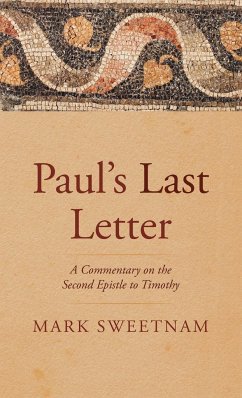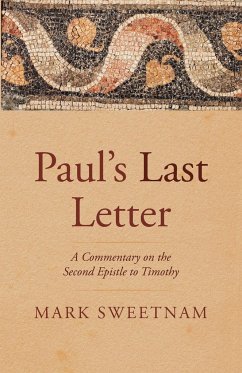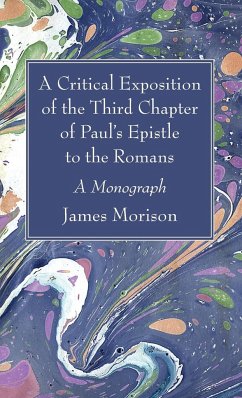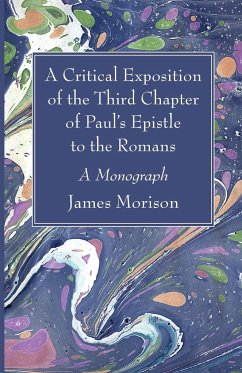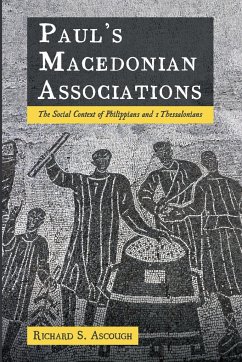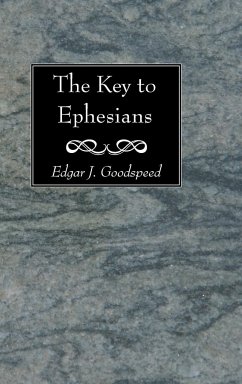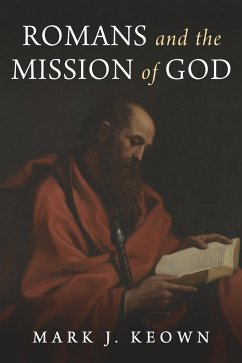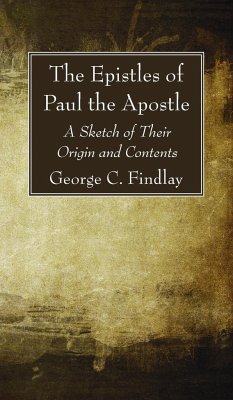The Second Epistle to Timothy is, by any standard, a remarkable document. Even as the apostle urges his friend and coworker hasten to Rome for a final meeting, the intimacy and urgency of Paul's words make clear his awareness that Timothy might not arrive in time to say goodbye. This makes the epistle deeply personal. But Paul has a much larger purpose in view than just Timothy's consolation. The epistle vibrates with Paul's concern for Timothy's endurance in the apostle's mission after Paul's death. Paul is at pains to emphasize for Timothy the seriousness of his responsibility, the difficulty of the context in which that duty will be discharged, and the divine assistance that will allow him to preserve and transmit the apostolic deposit to 'faithful men'. Even as he addresses Timothy, Paul is deliberately speaking beyond him to everyone who remains faithful to the apostolic gospel in the 'last days' following the apostle's departure. This commentary provides a detailed but nontechnical treatment of 2 Timothy, which interacts with contemporary scholarship on the epistle, while providing a literary, rhetorical, and parenetic analysis of Paul's last letter.
Bitte wählen Sie Ihr Anliegen aus.
Rechnungen
Retourenschein anfordern
Bestellstatus
Storno

